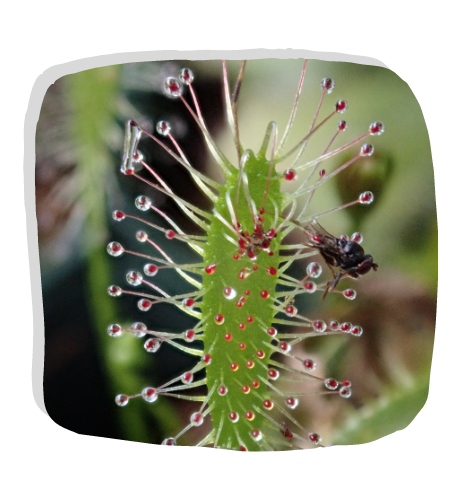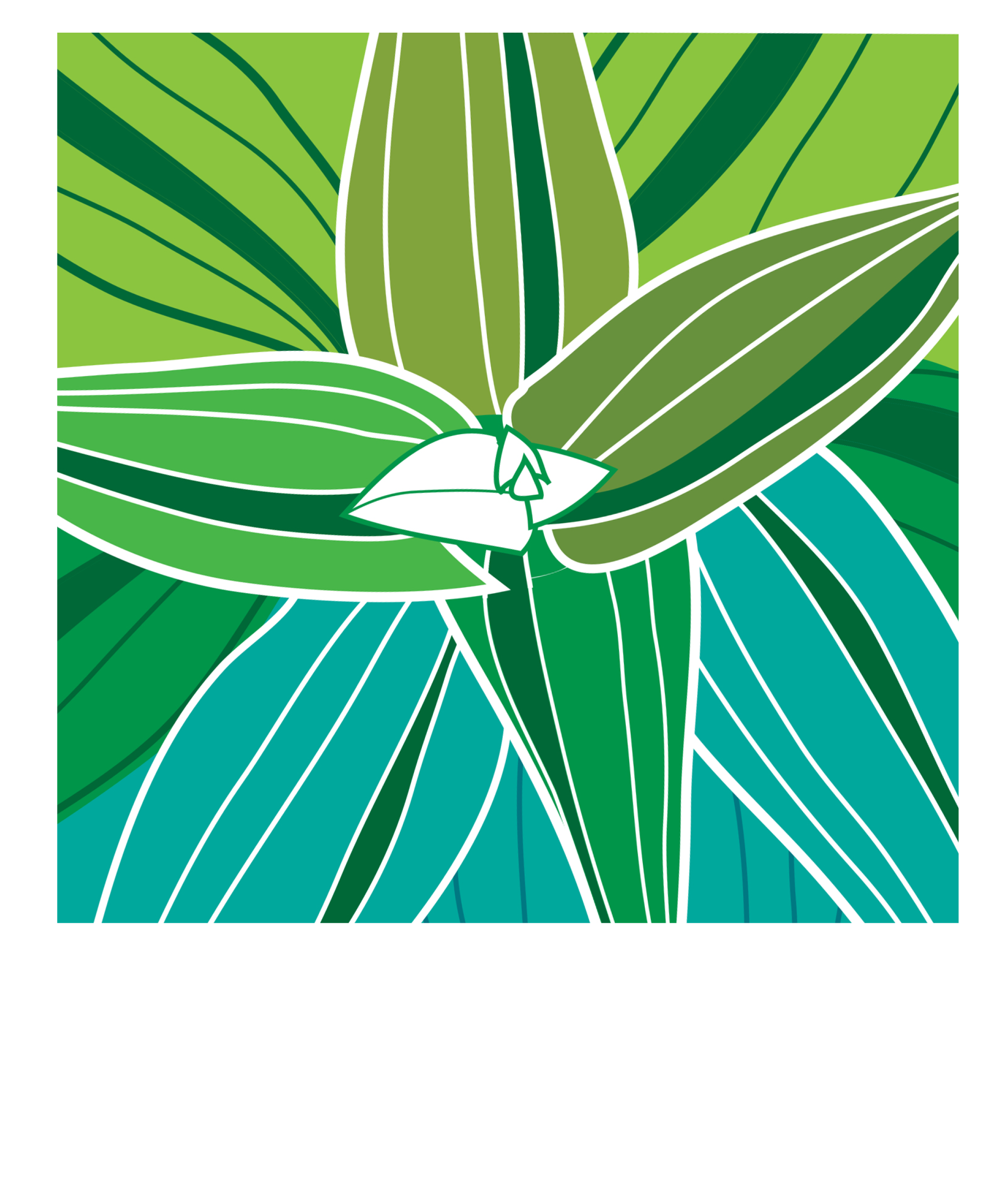
efforts united
Plant Conservation Research
The Flora of Hawaiʻi is globally recognized as being unique. As a result, we are lucky to have a large amount of research that has already been published by local institutions, government agencies, and others from around the globe. These studies have helped shape the practices used today to conserve our flora. Still, there is an urgent need to foster the communication about updating and expanding research that can guide development of best management practices and inform adaptive management. There are a few ways Laukahi is doing this:
research
Laukahi maintains a database for publications on the topics below to inform the conservation of native Hawaiian plants. This includes technical reports, dissertations, published papers, and other resources. It is searchable by some core fields such as taxon (updated), author, and topics. Click here to explore topics and find references in our dashboard.
Be sure to explore the whole website for other resources on seed banking, rare plant guidelines, ‘ōhi‘a, and available data through our dashboard.
Please contact us for more information and to include your research on the list.
A 2017 Laukahi survey of 87 local conservation practitioners resulted in a list of hundreds of priority topics. These are available at the links below and are meant to promote a conversation on developing feasible research plans. This research was requested and promoted by practitioners who can facilitate getting permits, and have access to the field sites and plant material needed to conduct these studies. Please contact us to add your suggestions, or for information on who to contact to talk about each request. See the full results of the survey here: Laukahi Research Survey Results. PDFs of the research needs for each topics are available at the links below.
A coordinated network of researchers and practitioners will strengthen relationships, in turn, benefitting Hawai‘i’s native plants. Laukahi maintains a list of researchers and seeks to promote them to practitioners needing help. Please contact us to add your name, affiliation, and research topics to our list.
Research that can inform plant conservation strategies is broad, covering several disciplines. We track it using the following topics and subtopics:
- Climate Change:
- Assisted Colonization (mitigating threat)
- Vulnerability Assessment (identifying threat)
- Inter/Intra-Population Variation (molecular study)
- Mutualisms:
- Identifying a Pollinator or Disperser
- Mycorrhizae
- Phenology
- Population Distribution (models)
- Population Size (surveys)
- Population Trends (monitoring of life stages & longevity)
- Propagation:
- Controlled Breeding
- Tissue Culture
- Vegetative Techniques
- Reproductive Biology (mating systems: autogamy, outcrossing, apomixis)
- Restoration Methods:
- Outplanting Methods (seed sow, planting techniques)
- Strategy and Design (how many, how close together)
- Inbreeding/Outbreeding Depression and Heterosis
- Seed Biology:
- Dormancy and Germination
- Soil Seed Bank
- Storage Conditions & Longevity
- Taxonomy (phylogenetic relationships)
- Threat Control:
- Alien Invasive Plants
- Insects
- Mollusks
- Small vertebrates
- Ungulates
Kimberly Shay is the Laukahi Network Coordinator. Contact: coordinator@laukahi.org
Laukahi has a growing number of partners that help to implement the Hawai‘i Strategy for Plant Conservation by supporting our initiatives, conducting field work to protect native habitats, propagate and secure propagules in ex situ facilities, and do research to inform strategies.
Mahalo to all our partners!
